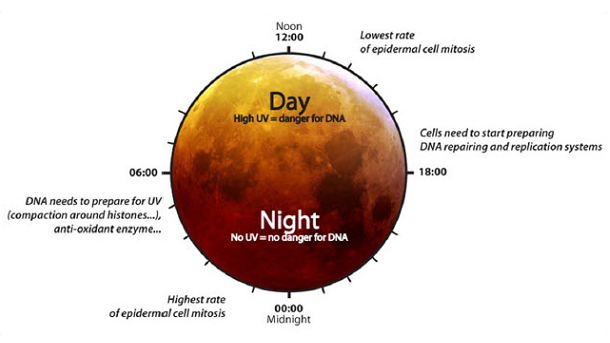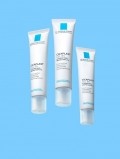Circadian rhythm research influences Ashland’s yeast proteins-based development

The body’s internal clock and its circadian rhythms adjust the modulation of skin stem cells based on the time of day, and disruption to this cycle can cause damage.
A number of studies have been conducted over the past 30 years that show how biological processes based on 24-hour rhythms enable plants and organisms to anticipate and prepare for regular environmental changes.
More recently, in vivo tests revealed that certain biophysical and physiological parameters of human skin also change in accordance with circadian rhythms.
Cellular rhythm
Therefore Ashland developed its Chronogen YST biofunctional ingredient to maintain skin's cellular rhythm and guard against UV damage in vitro for healthy-looking skin.
"Over the past 10 years, research has shown that skin cells are partly regulated by the 24-hour rhythm," says Neil Astles, marketing manager for biofunctionals, Ashland Specialty Ingredients.
"More than 20% of gene expression in a given tissue falls under circadian regulation. This regulatory function within skin cells, however, may be disrupted by external factors. Chronogen YST promotes expression within clock gene proteins in vitro to resynchronize optimal skin function."
Ashland explains that at night, cells undergo DNA repair and replication procedures based partly on the expression of clock genes within a closed loop system.
In contrast, at the beginning of the day, DNA needs to prepare for UV exposure with antioxidant enzymes.
This 24-hour cycle can be disrupted by UV exposure and, accordingly, impede cell regeneration. Even small amounts of UV damage can result in disruption to the cells' 24-hour cycle.
Testing the theory
To test out this theory and its active, the ingredients supplier carried out a small double blind study of a topical cream containing 1% active Chronogen YST against a placebo cream with 10 volunteers.
The participants applied the cream twice a day and the improvement in skin turnover was measured over a 21 day period.
"Using a small concentration of the Chronogen YST in skin creams and serums may help to resynchronize the skin's circadian clock. Just as importantly, Chronogen YST may help improve skin turnover, a skin parameter that slows with ageing," adds Astles.
















